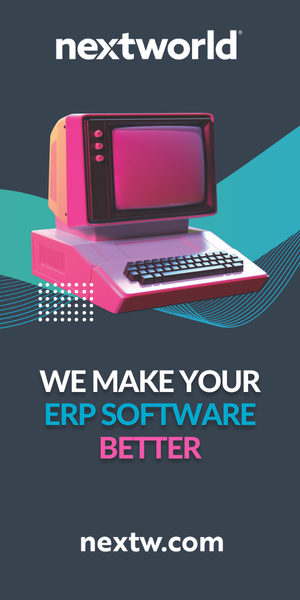The last 18 months have changed workforce dynamics, which gives us the opportunity to rethink how we train and retrain all of our employees, but in particular our young professionals. It’s a moment for renewed attention and reflection for how we’re bringing individuals into the enterprise tech sector and ensuring we can keep them in the industry.
Fast Forward for Digital Jobs, a recent report by techUK, highlights the discrepancy between the need for digitally skilled workers and the opportunity to retrain those who were made redundant due to the COVID-19 pandemic. Recent UK projections show that there will be three million new jobs that have a digital skills requirement by 2025.
As a woman and a leader in technology, I also see this as an opportunity to bring more girls and young women to the industry. From coding to design software, to hardware engineers to shape the mechanics of the devices the world runs on, to the creative intellects bringing AI to virtually every aspect of life, to the near limitless potential of even more advanced technologies like quantum computing, this is where the jobs of the future will be. And there’s no reason why women cannot fill these jobs.
This should encourage us to act. However, it’s important to take action by learning from obstacles that women and girls have experienced. For example, women in the workplace often face roadblocks, and I’ve seen that one of these roadblocks can be confidence. It may sound simple, but it is also daunting. I reflect on my own time as a teenager, and while there are certain things that are different, there is a lot that is still the same. According to research compiled by my foundation, Inner Wings, in the UK, 70 percent of high school girls believe they are not good enough. Only 21 percent of girls believe they have the qualities to lead. Confidence levels among girls fall 30 percent between the ages of 8 and 14.
As leaders in technology, we have the power to change this. It’s so critical to empower the younger generation with the conviction to believe in themselves. This is not limited to those still in school but can extend to those already in or just entering the workforce. One of the first initiatives I led as CEO of SUSE was instituting a mentoring programme which partners early career employees with those further in their career to inspire and motivate them to gain new skills and confidence in doing their jobs and moving to the next level in careers.
It’s so critical to empower the younger generation with the conviction to believe in themselves
As a society, we are stronger and more resilient when we embrace diversity of thought and in all of its borderless, magnificent forms. This includes diversity in age within the workplace. By mentoring and growing the next generation of talent, the entire enterprise tech ecosystem will benefit from fresh ideas and perspectives.
It’s why I’m pleased to see ERP Today leading by example in launching its Young Professionals Network. This will engage and inspire young professionals within the enterprise tech community and positively impact our ability to fill the important roles our industry needs.
The time is now, and we all have our part to play. Amid the impact of COVID-19, this is perhaps more urgent work than ever. My vision, shared by so many others, is of a definitive, generational shift in how women see the power of their intelligence and the rewards of will power and hard work. Working together as an industry, we can make this real.
Melissa Di Donato, CEO at SUSE





